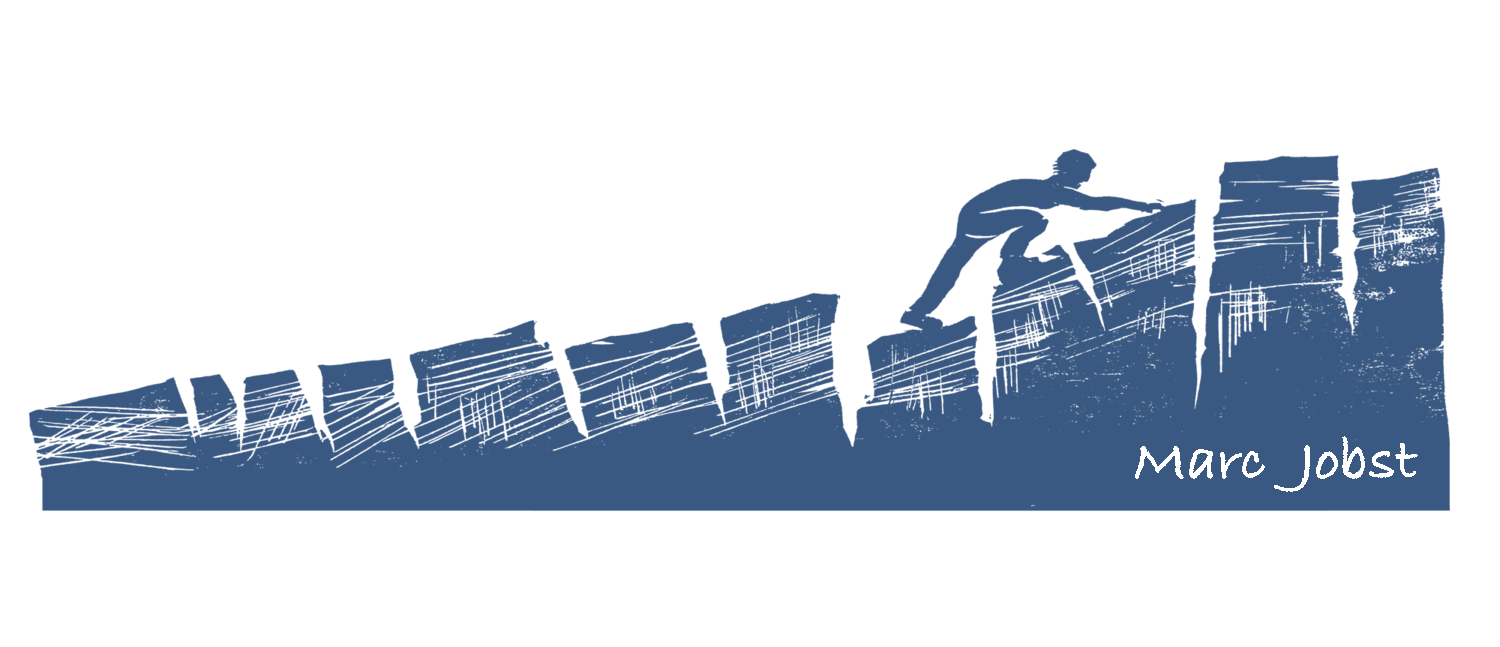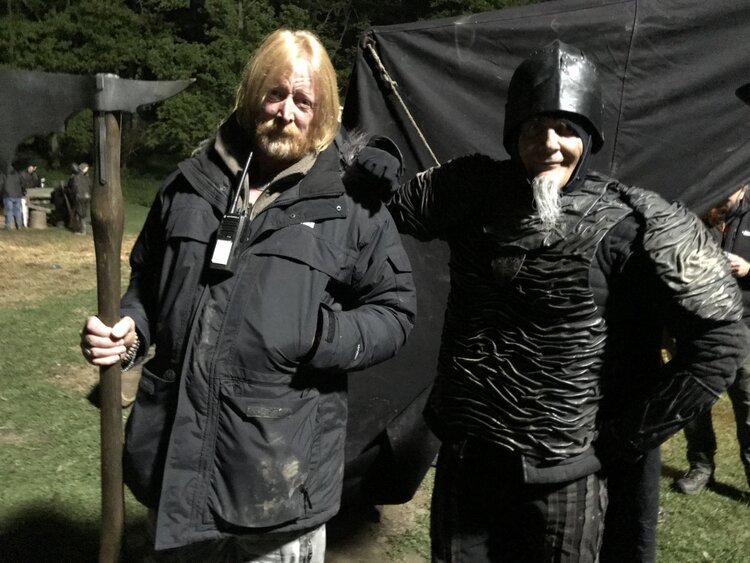Thoughts on Fear and Confidence
From “Family of Man” exhibition curated by Edward Steichen
This picture comes from a photographic exhibition in 1954 called THE FAMILY OF MAN, curated by the photographer Edward Steichen. It has always inspired me. For all the circus of film making - the hundreds of crew, the plethora of opinions and creative departments - in the end what we are trying to do is very simple: tell a great story. “Once upon a time, in a deep dark wood there was a woodcutter working alone in the forest…”
The Bushman telling the story in the photograph is totally committed to communicating his story. The people listening are utterly gripped. No screen, no cgi, no visual effects, no orchestra, no wardrobe or makeup, just “Once upon a time…”
How can we best tell our stories to each other? How can we make better films to tell these stories?
Are we most able to express ourselves when we are fearful or confident?
Are we willing to be bold and risk more of ourselves in an atmosphere of fear or of confidence?
Will others feel able to contribute creative ideas more if they are fearful of us or confident?
Would the Bushman in this photograph commit so completely to his storytelling if he sensed those around him were critical, or in a hurry, or stressed?
A wonderful script supervisor sent me this after a demanding shoot on the BBC’s Musketeers in the Czech Republic. It made me laugh…
So how can we create the right atmosphere, at all stages of film making – script, prep, filming, post - to enable us to create a great story?
In theatre we all muck in. Nobody gets paid very much and you rely on everyone to do a bit of everything. “Soul food!” as the wonderful actor Barrie Rutter once said to me. It’s exhilarating, demanding, infuriating and insanely addictive as each production becomes a new company with its own identity and sense of community.
In film and television it can be the same, but the budgets are big, the risk is high, and the sheer number of cooks increases the pressure. The industry is often run on fear: fear of failure; fear of going over budget; fear of not making something good; fear of actors; fear of executives; fear of being fired; fear of…everything. And of course fear contracts. It makes people tight, tense. You cannot be your best if you are rigid or fearful. You stiffen up and give the very least that you dare, for fear of being shouted at.
The opposite is also true: confidence expands. When you feel safe, encouraged, valued, you become confident. You expand. You give more than you thought you could, and you dare to be bold.
Epix/Paramount’s Berlin Station. Richard Jenkins waiting patiently in the background!
Marvel’s The Punisher
Not every bold decision will be brilliant. But there’s a greater chance of creating something special when you feel supported, than in an atmosphere driven by fear.
This is never truer than for actors.
Imagine walking on to set for a difficult scene, one in which you need to find raw emotional depth, in front of hundreds of people, when there is sniping and stress and tension on set.
Whatever pressures we are under, in my experience, it is critical the actor does not feel it. To me we can spend days and weeks and sometimes months planning big set piece visuals, with stunts and visual effects and epic landscapes, and cgi etc etc, but if we don’t have an authentic, believable, honest performance from an actor in the centre of our frame, we have nothing. Just razzamatazz.
A night out with the ghouls from The Witcher.
So we must create a space for the actor to step into that enables them to be brave, to be bold, to be able to trust that the director is there for them. We are their parachute. We must be there to make sure they have a soft landing, whatever happens and wherever they go with their performance. Only when they trust the director will an actor dare to jump, dare to lose themselves in their character, dare to let go of watching themselves and be alive to the moment. And that is true for all of us: when we know we won’t be judged, rushed, forced or humiliated, then we can expand and dare - not contract and play it safe.
And that, my friends, is when magic can happen!
It is primarily the responsibility of the director and the director’s assistants’ team to generate that atmosphere, but it must also be understood by everyone on set and in the production.
Incomparable and brilliant first assistant director, Sean Guest, before (l) and after the Witcher shoot (r)!






